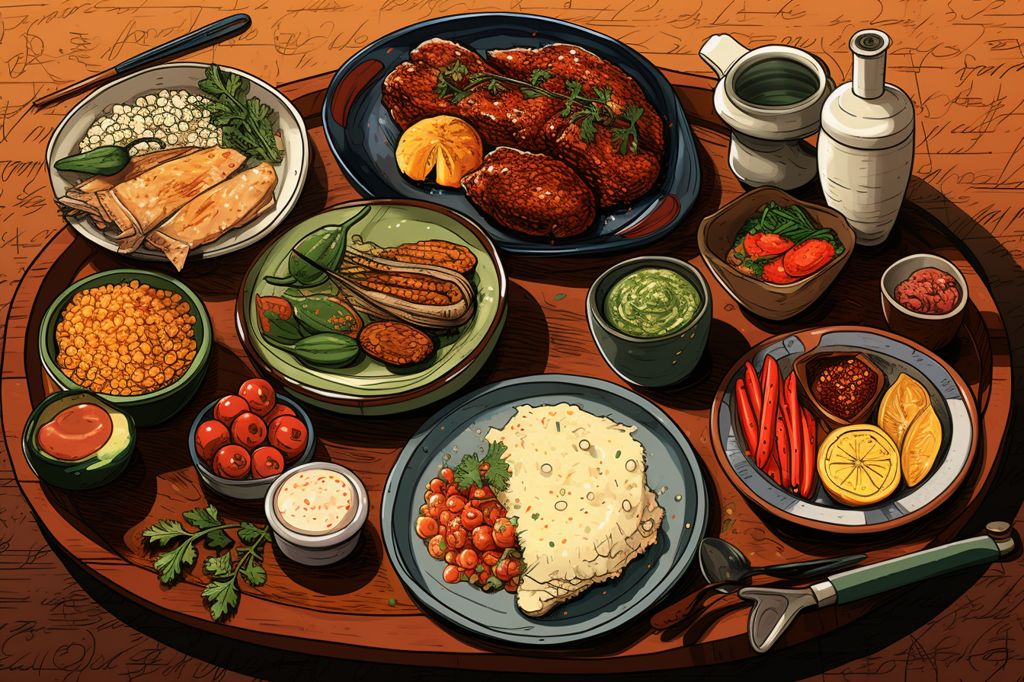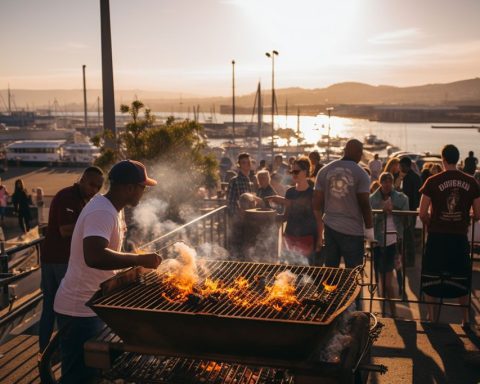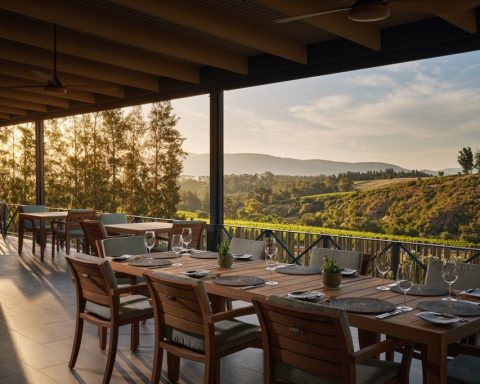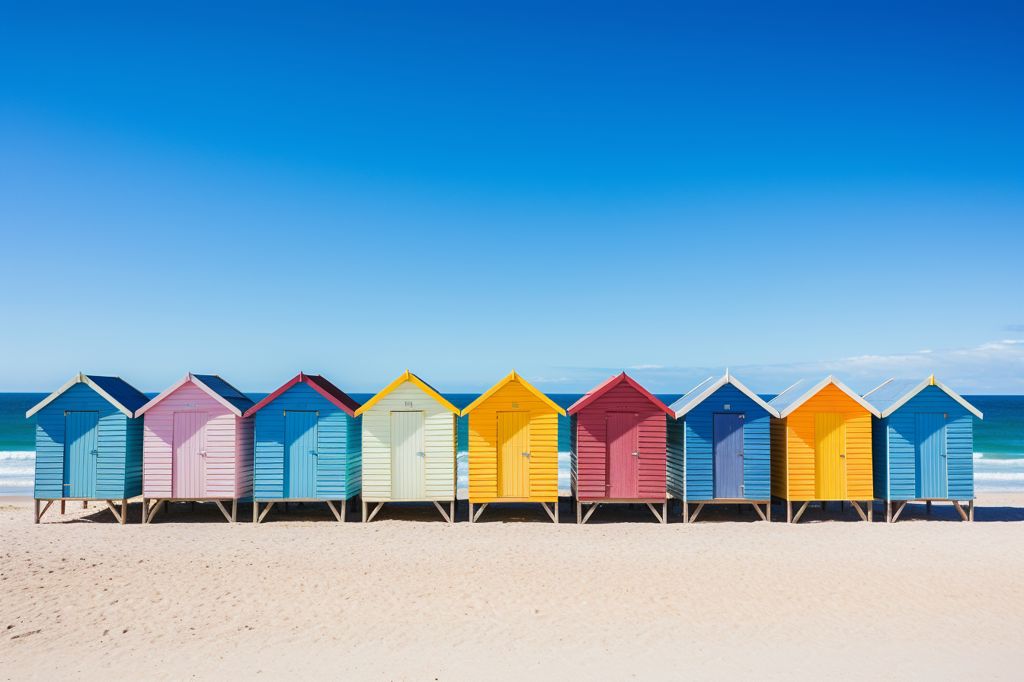Embracing the Nation’s Rich History and Culture
South Africa, a country abundant in culture and brimming with diversity, honors Heritage Day on September 24th. This day showcases the nation’s dedication to fostering and preserving its shared legacy and pays tribute to the great individuals who fought for a united and flourishing South Africa free from racial and gender discrimination.
Deputy President Shipokosa Paulus Mashatile delivered a heartfelt speech, underlining the significance of acknowledging the challenges of nation-building and social unity. People from all nine provinces were in attendance at Princess Magogo Stadium in KwaMashu, Durban, to celebrate their country’s vibrant and distinct past.
The arts and culture sector has consistently served as an agent for social change in South Africa. It played a unifying role during the anti-apartheid struggle and garnered global support for the nation’s battle against racism. Presently, South Africa’s unique cultural heritage is revered and celebrated, with African, Asian, and European influences blending seamlessly to craft an intricate mosaic of traditions and customs.
Honoring Resilience and Continuity
Heritage Day celebrations act as a testament to the fortitude and determination of the South African people. It is a moment for solidarity and contemplation, where citizens unite in their admiration of the diverse cultures that form this remarkable country. Furthermore, it provides an opportunity for South Africans to reconnect with their origins, honor their ancestors, and impart essential cultural practices and values to future generations.
To further advance unity and inclusiveness, the democratic government has undertaken numerous endeavors to guarantee that South Africa’s multifaceted living heritage remains available and safeguarded for future generations. Over 2,400 public schools have incorporated indigenous languages into their programs, fostering a wider comprehension of various cultures and breaking down barriers.
Sports have also played a vital part in promoting cohesion and unity within communities. This administration alone has supplied equipment and attire to over 4,700 schools, clubs, and hubs, enabling more than 332,000 people to actively participate in sports and recreational events organized by the Department of Arts and Culture.
Addressing Contemporary Issues and Celebrating Indigenous Games
Besides preserving and promoting cultural heritage, South Africa remains dedicated to tackling ongoing problems such as gender-based violence and femicide. The government has adopted a National Strategic Plan on Gender-Based Violence and Femicide, which enhances the criminal justice system’s response to these issues and augments support for survivors through legal reform and increased availability of safe spaces.
The country also acknowledges the economic difficulties posed by the COVID-19 pandemic, particularly for artists and creatives. In response, the government has furnished wage subsidies through the Temporary Employment Relief Scheme (TERS) to over 5.7 million workers, minimizing job losses and company closures. Moreover, the R350 Social Relief of Distress Grant has aided nearly 10 million unemployed individuals, primarily young people and women.
As part of the ongoing Heritage Month festivities, South Africa has inaugurated the Indigenous Games Festival, showcasing the finest indigenous games from all South African cultures. Additionally, the Beautiful Things Craft Exhibition at Hoy Park is open from September 24th to 29th, allowing locals and tourists alike to appreciate the nation’s craftsmanship and cultural legacy.
Deputy President Mashatile’s appeal to action encourages all South Africans to not only cherish their culture, heritage, and indigenous knowledge, but also to protect the future they strive for – a future anchored in democracy, social cohesion, economic prosperity, and unity in diversity.
As Heritage Month draws to a close, South Africans persist in celebrating their abundant and diverse cultural heritage, treasuring the distinct traditions that make their nation extraordinary.











